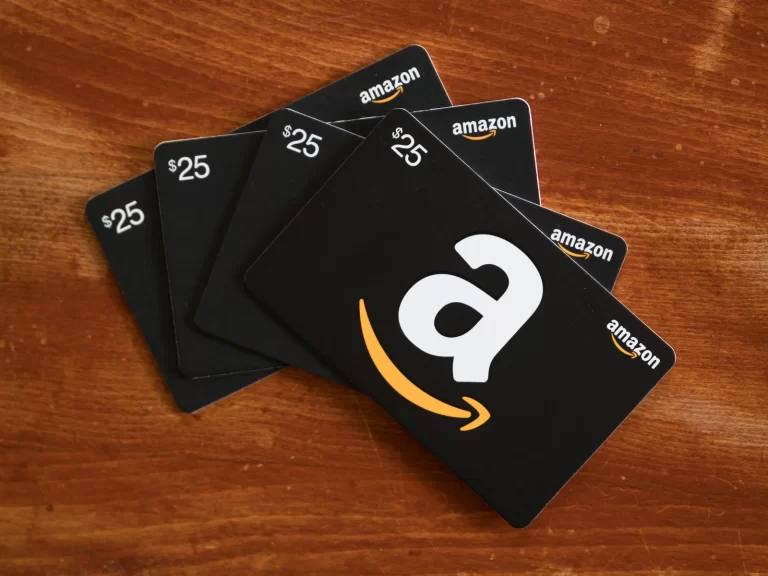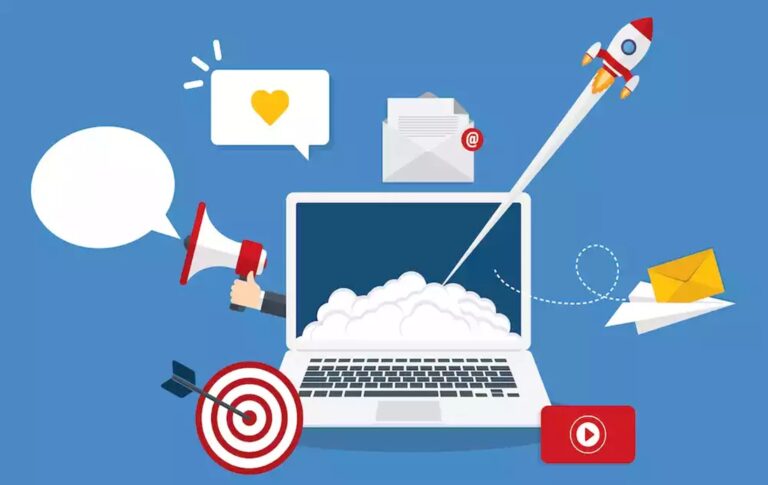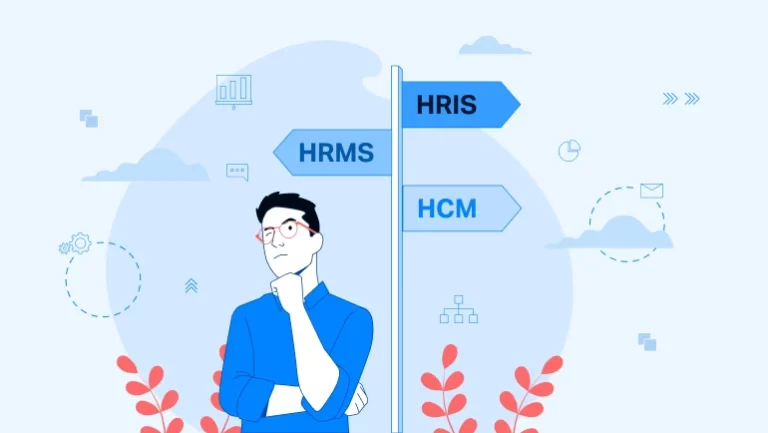Facebook stands as a powerful tool for startups aiming to amplify their visibility, engage audiences, and foster growth. Leveraging Facebook’s extensive reach and diverse functionalities demands strategic finesse.
In this article, we delve into five effective Facebook marketing tactics tailored to suit the needs of startups, offering a roadmap to navigate this dynamic digital landscape and carve a distinct niche amidst.
What is Facebook Marketing?
Facebook marketing encompasses the use of Facebook’s platform and its suite of tools to promote products, services, brands, or businesses. It involves utilizing various features within Facebook, such as Pages, Groups, Ads, and Insights, to engage with an audience, build a community, drive traffic, generate leads, and ultimately convert users into customers or clients.
Facebook offers a diverse range of marketing opportunities, including organic (unpaid) methods such as posting content on business Pages and fostering community engagement, as well as paid advertising options that enable targeted outreach to specific demographics based on interests, behaviors, and other criteria.
Overall, Facebook marketing encompasses both organic and paid strategies to reach, engage, and convert users within the expansive social media platform.
Advantages of Facebook Marketing
Facebook marketing offers numerous advantages for businesses looking to reach and engage with their target audience. Some of the key advantages include:
- Extensive User Base: With billions of active users worldwide, Facebook provides access to a vast and diverse audience, allowing businesses to reach potential customers across various demographics and geographic locations.
- Targeted Advertising: Facebook’s ad platform enables precise targeting based on users’ demographics, interests, behaviors, and more. This allows businesses to tailor their ads to specific audiences, improving the effectiveness of their marketing campaigns.
- Diverse Ad Formats: Facebook offers a range of ad formats, including photo ads, video ads, carousel ads, and more. This versatility allows businesses to experiment with different content types to capture the attention of their audience effectively.
- Engagement and Interaction: The platform facilitates direct engagement with customers through comments, messages, and shares, fostering a sense of community around the brand. This interaction can lead to increased brand loyalty and customer trust.
- Insights and Analytics: Facebook provides comprehensive insights and analytics tools that offer valuable data on campaign performance, audience behavior, and demographics. This data allows businesses to optimize their strategies for better results.
- Cost-Effective Marketing: Compared to traditional advertising channels, Facebook marketing can be cost-effective, especially for startups and small businesses with limited budgets. The platform offers various budgeting options, allowing businesses to set their ad spend based on their objectives.
- Brand Building and Awareness: Consistent presence and engagement on Facebook can contribute to brand recognition and awareness. Businesses can showcase their products, services, values, and unique selling propositions to a wide audience.
- Mobile-Friendly Platform: As a mobile-first platform, Facebook caters well to users accessing the platform through mobile devices. This ensures that marketing content reaches users on various devices seamlessly.
- Integration with Other Tools: Facebook integrates with various AI social media management tools allowing businesses to connect their marketing efforts with other platforms, email marketing tools, customer relationship management (CRM) systems, and more.
- Opportunities for Remarketing: Through tools like Facebook Pixel, businesses can retarget website visitors and users who have interacted with their content, providing opportunities to re-engage and convert interested prospects.
5 Best Facebook Marketing Strategies
Here are five effective Facebook marketing strategies that can significantly benefit businesses:
1- Targeted Advertising Campaigns
Targeting Leverage Facebook’s robust targeting options to create highly specific ad campaigns. Utilize demographics, interests, behaviors, and custom audiences to reach the right people for your business.Implement dynamic ads that automatically show personalized content to users based on their browsing behavior, increasing the relevance and effectiveness of your ads. This involves crafting tailored ad campaigns to reach specific demographics, interests, and behaviors of the intended audience.
Leveraging Facebook’s robust targeting options allows advertisers, such as plastic surgeons, to precisely target their ads based on various criteria, including age, location, interests, and past interactions. This strategy ensures that the ads reach the most relevant audience likely to be interested in the surgeon’s services, thereby maximizing the effectiveness and return on investment (ROI) of the advertising efforts.
2- Compelling Visual Content
Utilize high-quality images, videos, and infographics that grab attention and resonate with your target audience. Visually appealing content tends to perform better and encourages higher engagement rates. Craft compelling stories through visuals that evoke emotions and connect with users on a deeper level, fostering a stronger brand-consumer relationship.
For plastic surgeons, this involves creating visually engaging content such as high-quality images, captivating videos, and impactful infographics showcasing successful procedures, before-and-after transformations, and the surgeon’s expertise. Visual content is compelling, easily shareable, and enhances the audience’s understanding of the procedures offered, helping build trust and credibility.
3- Community Engagement and Content Strategy
Develop a content calendar and post consistently to maintain an active presence. Diversify content types (text, images, videos, polls) to keep the audience engaged and interested. Prompt discussions, ask questions, and create polls to encourage audience participation. Respond promptly to comments and messages to foster a sense of community and build trust.
This entails creating a content calendar with diverse content types, including informative posts, engaging polls, behind-the-scenes glimpses, and patient stories. Encouraging discussions, responding to comments and messages promptly, and involving the audience in meaningful conversations helps in building a sense of community, establishing trust, and nurturing a loyal following.
4- Utilization of Facebook Groups
Establish a Facebook Group around your business niche or interests related to your products/services.
Engage actively by providing valuable content, answering queries, and fostering discussions to build a loyal community.
You can also run events to promote your services. If in case you are unable to attend the event, make sure to delete or cancel the event on Facebook beforetime.
Provide exclusive deals, content, or access to special events within the Group to incentivize membership and create a sense of exclusivity.
5- Data-Driven Insights and Optimization
Regularly analyze Facebook Insights to understand what content performs best, the demographics engaging with your posts, and the success of your advertising campaigns.
Continuously optimize ad campaigns based on insights gathered. Conduct A/B tests to experiment with different ad formats, copy, visuals, and audience targeting to identify the most effective strategies.
By tracking key metrics such as reach, engagement, conversion rates, and audience demographics, plastic surgeons can gain valuable insights into the effectiveness of their campaigns. This data allows for informed decision-making and optimization of ad strategies, content types, and targeting methods to continually improve performance and achieve better results in reaching and engaging the target audience.
Conclusion
The Facebook marketing strategies discussed in this article, when executed cohesively, foster engagement, build brand loyalty, and drive conversions. However, the key to success lies not only in the implementation of these strategies but also in the continuous monitoring, optimization, and adaptation based on performance metrics and evolving consumer behaviors.
Through a combination of innovation, data analysis, and consistent effort, businesses can harness the full potential of Facebook marketing to achieve their marketing goals and propel their growth in the digital landscape.





